Blog
Our Latest Posts
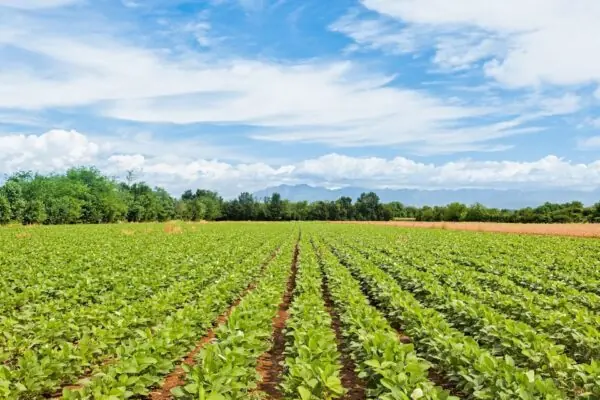
Arizona’s Desert Heat: The Secret Engine Behind a $31 Billion Farm Economy
In the heart of the American Southwest, where temperatures routinely soar past 100 degrees in the summer and the landscape stretches out in endless landscapes…
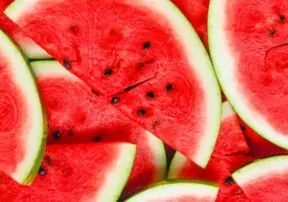
What Nutrition Does Watermelon Have: More Than Just Refreshing
Watermelon is often dismissed as “just water and sugar,” a fruit people enjoy casually without giving much thought to its nutritional value. It makes a…
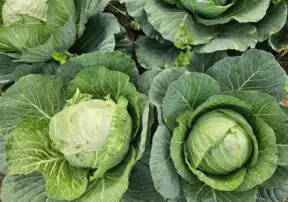
What Nutrition Does Cabbage Have? Exploring the Benefits and Arizona’s Winter Bounty
Recently, I feasted on fresh fish tacos and the veggie packed in between the flour tortilla was fresh cabbage. This got me to thinking about…
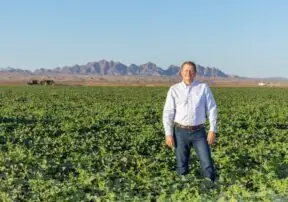
Crop Protection from Insect Pests: How Farmers Win the War on Bugs
According to a report by UC Agriculture and Natural Resources, farmers lose 10% to 40% of their crops to pests and plant diseases. On a…

Nutrition for Cycling: How Proper Nutrition Fuels Cyclists from the First Mile to the Finish Line
Cycling is a sport built on rhythm, the turning of your pedals, the cadence of your breath, and the flow of your energy as the…
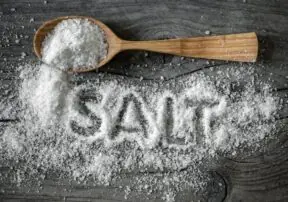
The Scoop on Salt
For the longest time I never understood why every baking recipe always called for a teaspoon or two of salt, even if the baked good…

Training for Life’s Marathon: Fuel to Move, How Smart Nutrition Powers Everyone
This November, Tempe will once again become a stage for grit, perseverance, and pure human willpower as athletes dive into the waters, mount their bikes,…
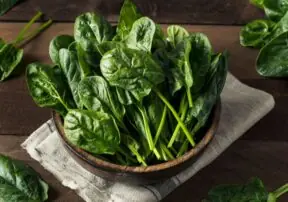
What Nutrition Does Spinach Have: Unpacking Spinach’s Health Benefits and Arizona’s Agricultural Legacy
I’ve concluded that spinach is my favorite vibrant and healthy leafy green. I add it to my scrambled eggs to my breakfast menu every morning.…
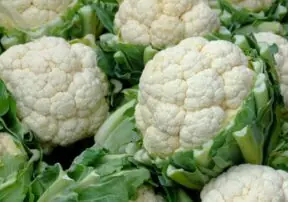
What Nutrition Does Cauliflower Have: The Culinary Chameleon
Cauliflower doesn’t get its due. But I’m here to change that. At first glance, cauliflower looks like a cloud or a brain, but it’s really…
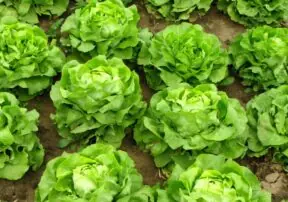
What Nutrition Does Lettuce Have: A Comprehensive Guide
Since Pinal, Maricopa and Yuma counties are gearing up for leafy greens season here in Arizona, it’s only appropriate that we should focus on the…
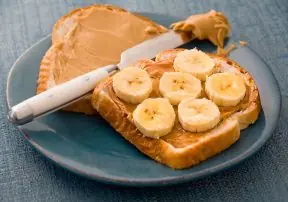
Fueling Up Right: What to Eat Before a Workout
After years of evening gym sessions after work, long runs under the desert sun, and hiking Arizona’s rugged trails, I’ve realized something that changed the…

What Nutrition is in Mushrooms? Nature’s Low-Calorie Powerhouses
Mushrooms have long been a curiosity, popping up in fairy tales as enchanted homes for woodland creatures or as potent ingredients in ancient potions. But…
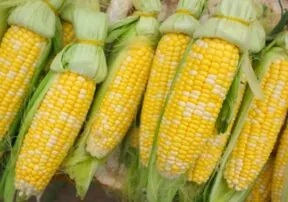
What Nutrition Does Corn Have? Kernel by Kernel
In Arizona, we grow two kinds of corn: sweet corn and field corn. Sweet corn is grown for human consumption, and the field corn is…

















